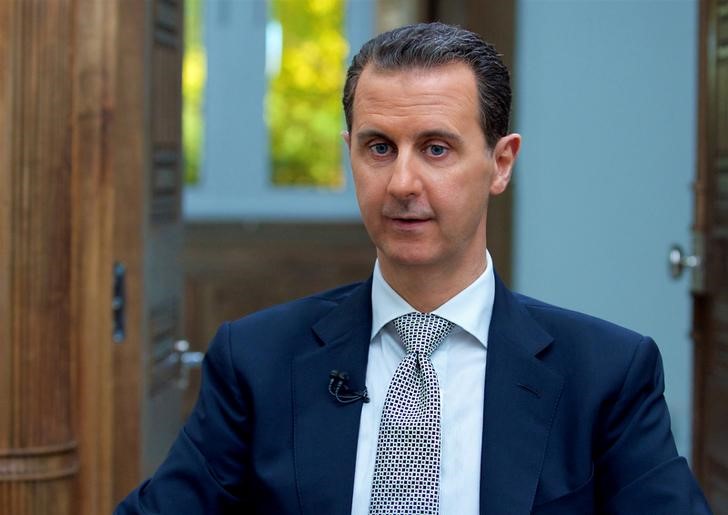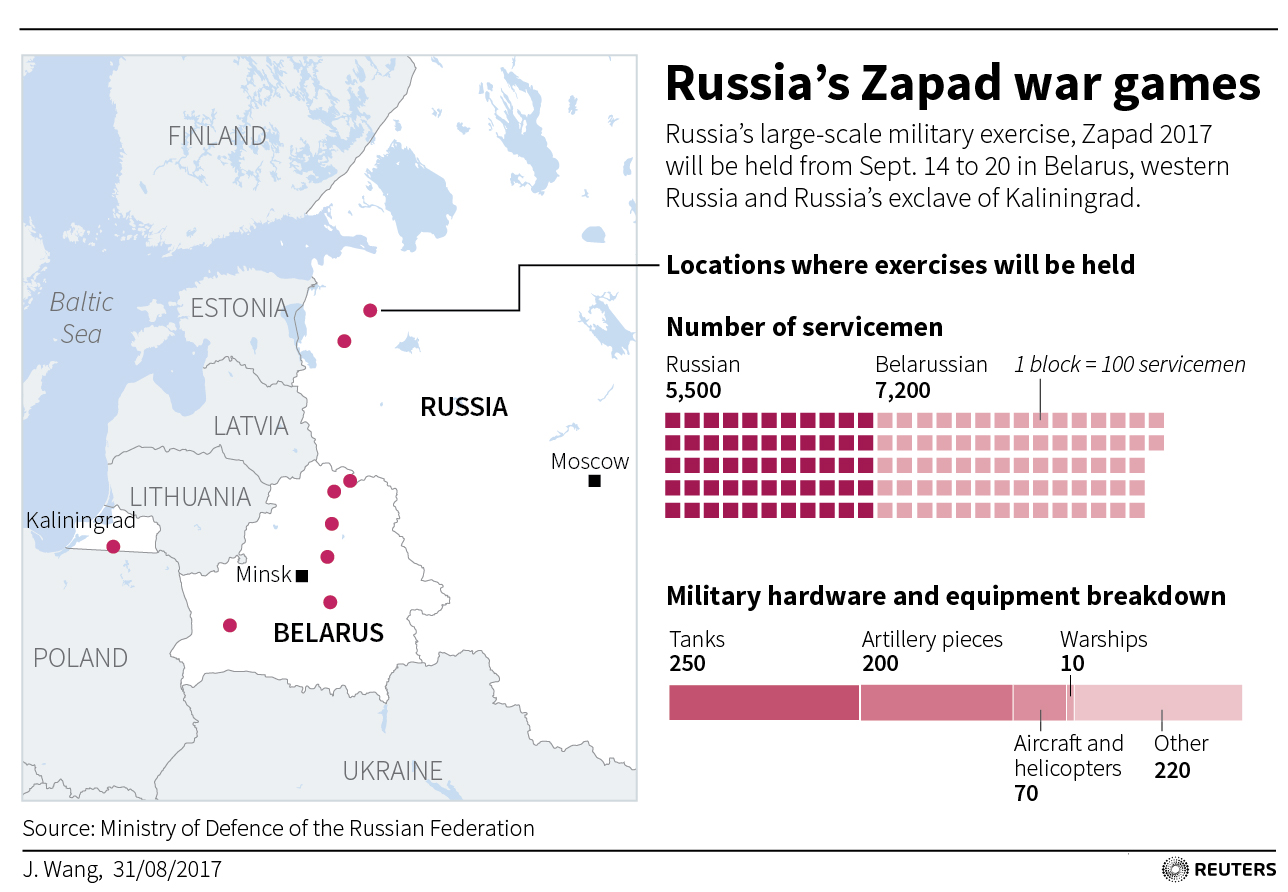
By Angus McDowall
BEIRUT (Reuters) – A convoy of Islamic State fighters appears to have turned back after U.S.-led airstrikes thwarted its attempt to reach territory held by the militant group in eastern Syria, the head of U.S.-led forces fighting Islamic State said on Thursday.
More than 300 lightly armed IS fighters and about 300 family members were evacuated from Syria’s western border with Lebanon under a ceasefire agreement involving the ultra-hardline group, the Syrian army and the Lebanese Shi’ite group Hezbollah.
On Thursday they sought to move into IS-held territory from a new location after U.S.-led strikes on Wednesday stopped them joining forces with their jihadist comrades, a commander in the pro-Syrian government military alliance said.
However, U.S. Army Lieutenant General Stephen Townsend, the commander of U.S.-led forces fighting Islamic State, told a Pentagon briefing that the convoy had turned back into Syrian government territory.
“When I walked into this conference about an hour ago, the buses were on the move. They had turned and had driven back into regime-held areas,” he told reporters via a video teleconference from Baghdad.
“We haven’t struck the convoy. But we have struck every ISIS fighter and/or vehicle that has tried to approach that convoy. And we’ll continue to do that,” he said.
The coalition opposes experienced combatants being moved to a battle zone in which it is active, and used warplanes on Wednesday to halt the convoy by damaging the road ahead. It also struck fighters on their way to meet the convoy.
A commander in the pro-Syrian government military alliance said the convoy had headed north towards the town of Sukhna on Thursday after being halted in the desert and would try to reach Deir al-Zor province, close to the border with Iraq.
Two sources familiar with U.S. policy on Syria said the airstrikes did not signal a more aggressive military approach, and were intended to prevent the IS fighters in the convoy reinforcing their comrades in Deir al-Zor.
But the standoff shows the tangled nature of a war theater divided into several overlapping conflicts, and where the engagement of local, regional and global powers is further complicated by a mosaic of alliances and enmities.
Six years into Syria’s civil war, in which Islamic State has seized swathes of land, the jihadist group is on the retreat across the region, losing ground to an array of foes.
In Syria, the government of President Bashar al-Assad has rapidly gained ground this year as the army advanced eastwards, backed by Russia and allied Iran-backed militia including Hezbollah, towards its besieged enclave in Deir al-Zor.
But in the north, the United States — which opposes Assad, Iran and Hezbollah — has led a coalition backing Kurdish and Arab militias as they assault Islamic State’s former Syrian capital of Raqqa.
NASRALLAH VISITED DAMASCUS
Hezbollah-affiliated media have reported that the Syrian town of Al-Bukamal, close to the border with Iraq, is the final destination for the convoy.
Hezbollah has been one of Assad’s closest allies in the war and it trumpeted the departure of Islamic State, after that of two other militant groups, from the Lebanon border as a “day of liberation”.
On Thursday, Hezbollah leader Sayyed Hassan Nasrallah said Assad had only reluctantly agreed to the evacuation after Nasrallah visited Damascus to request it, a rare public acknowledgement that he had traveled outside Lebanon.
Iraq’s Prime Minister, Haider al-Abadi, said it was “unacceptable” to ferry more jihadist fighters from another battlefront in Syria to the edge of Iraqi territory, prompting a statement from Hezbollah defending the move.
Iraq has formed a dedicated intelligence operations room to monitor and track the jihadists, a senior Interior Ministry official told state media, saying the convoy included “elite commanders” of Islamic State.
After it was blocked from moving eastwards on Wednesday, the convoy headed north within government territory to try to move into Islamic State land from a new location, the commander in the pro-Assad alliance said.
The commander added that the convoy would head on again after an exchange of dead combatants and prisoners. The bodies of an Iranian killed in the fighting and two other dead fighters were to be swapped for 25 wounded IS fighters traveling with the convoy, the commander said.
In Tehran, the country’s Revolutionary Guards said on their website that the dead Iranian, whom they identified as Mohsen Hojaji, would be returned at an unspecified date for a funeral and burial.
LIFE ON BUSES “GETTING KIND OF HARD”?
The fighters retained light weapons but left heavier arms in their enclave after being evacuated from western Lebanon following heavy fighting there.
“I would imagine life getting kind of hard on those buses after two and a half days or more, largely cooped up in those buses driving around in the desert,” Townsend said.
Such deals have increasingly been used by the Syrian army and its allies to press besieged rebels to surrender their enclaves and to relocate to insurgent-held territory elsewhere, but this is the first such deal involving Islamic State.
In the process, Islamic State revealed the fate of nine Lebanese soldiers it took captive in its border enclave in 2014, as well as surrendering a Hezbollah prisoner.
An official in the Syrian Arab Red Crescent, which is helping with the exchange, has entered Islamic State territory to accompany the prisoner back to the government-held area, the commander in the pro-Assad military alliance said.
Hezbollah-aligned al Akhbar newspaper in Lebanon reported on Thursday that some IS leaders in eastern Syria did not want members of the group who had surrendered territory to be welcomed back into their self-declared caliphate.
(Reporting by Leila Bassam and Sarah Dadouch in Beirut, Ahmed Rasheed in Baghdad, Idrees Ali, David Alexander and John Walcott in Washington, and Dubai Newsroom, Writing by Angus McDowall, Editing by Timothy Heritage)











